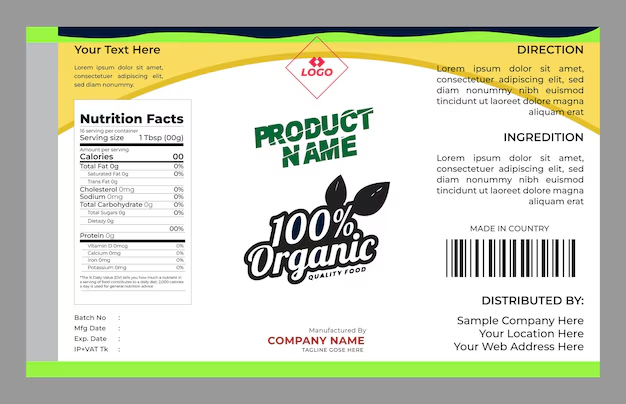Guidelines for Clinical Trial Design
1. Recognized Protocols
Clinical trials must adhere to internationally recognized standards such as the ICH-GCP guidelines, ensuring ethical practices and high-quality data generation. The SPIRIT 2013 checklist outlines 33 critical elements for trial protocols, including prior registration in public databases like ClinicalTrials.gov to foster transparency and credibility.






